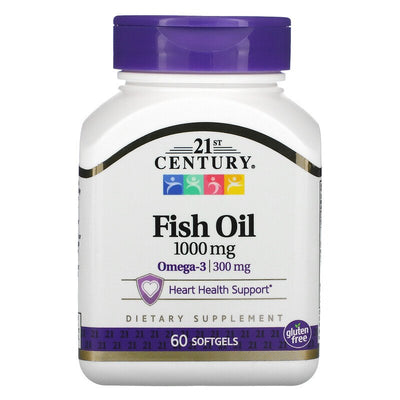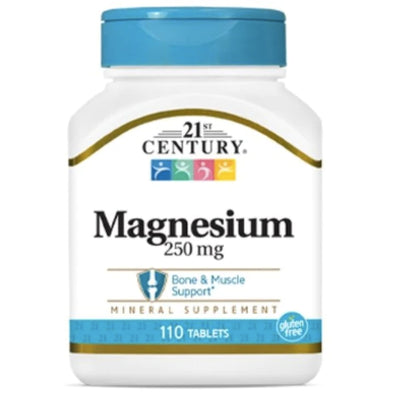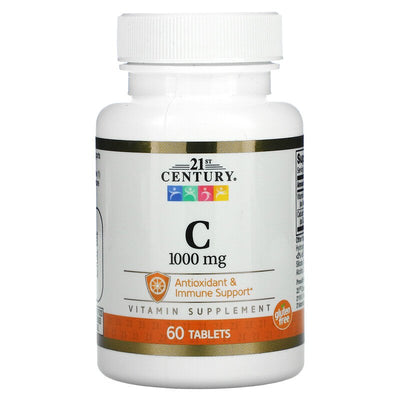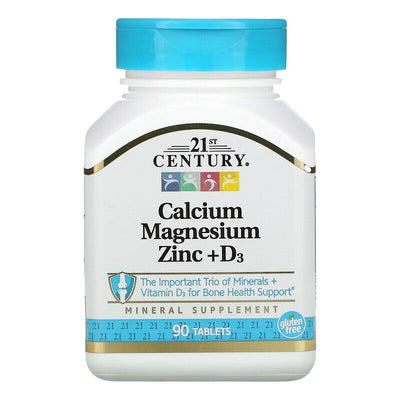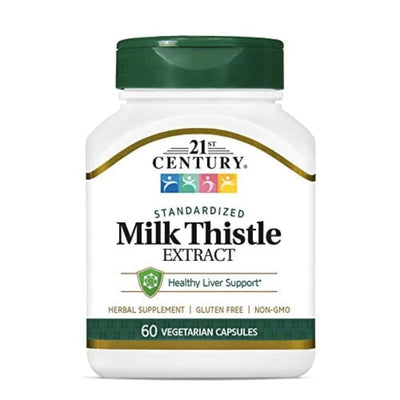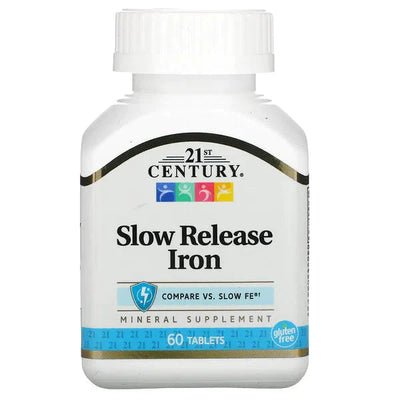
Protein Timing: When Should You Consume it for Maximum Benefits?
The Importance of Protein Timing
Protein timing involves consuming protein at specific times relative to your workout routine to optimize various physiological processes, such as muscle protein synthesis (MPS), recovery, and nutrient utilization. Strategic protein timing can enhance muscle recovery, improve performance, and potentially lead to greater increases in muscle mass and strength.
Optimal Protein Timing Strategies
1. Pre-Workout Protein
Consuming protein before exercising can help prime your muscles for optimal performance. It ensures that adequate amino acids are available for muscle protein synthesis during and after your workout.
- Timing: Eat a protein-rich meal or snack 1-2 hours before exercising.
- Benefits: Provides a steady source of amino acids that reduces muscle breakdown during exercise.
2. Post-Workout Protein
The period immediately after exercise is often considered the most crucial time to consume protein. During this "anabolic window," muscles are highly receptive to nutrients, and protein can kickstart the repair and growth process.
- Timing: Consume protein within 30 minutes to 2 hours after your workout to maximize MPS.
- Benefits: Accelerates recovery, reduces muscle soreness, and enhances muscle growth.
3. Protein Before Sleep
Consuming protein before bed can support overnight muscle recovery and growth. This timing can be particularly beneficial due to the prolonged period of fasting during sleep.
- Timing: A protein-rich snack or shake 30 minutes before bedtime.
- Benefits: Continues to stimulate MPS overnight and aids in muscle repair and growth while you sleep.
4. Protein at Breakfast
Eating protein at breakfast can help regulate your appetite throughout the day and ensure a balanced intake of nutrients from the start.
- Timing: Include protein in your first meal of the day.
- Benefits: Helps maintain fullness throughout the day and reduces cravings and overeating.
Amount of Protein to Consume
The amount of protein needed at these times can vary based on individual fitness goals, body weight, and the intensity of the exercise:
- General guideline: 20-30 grams of high-quality protein per meal is sufficient to stimulate maximal protein synthesis for most people.
- Athletes and bodybuilders: May benefit from slightly higher amounts, depending on the demands of their training programs.
Sources of Protein
To effectively incorporate protein timing into your diet, consider various sources of high-quality protein:
- Animal-based proteins: Such as chicken, beef, fish, eggs, and dairy products.
- Plant-based proteins: Including legumes, nuts, seeds, and tofu.
- Protein supplements: Whey, casein, and plant-based protein powders can be convenient, especially around workout times.
Conclusion
The timing of protein intake can play a significant role in maximizing muscle protein synthesis, improving recovery, and enhancing overall performance. By strategically incorporating protein into your diet at key times—before and after workouts, before sleep, and at breakfast—you can effectively support your fitness and health goals. As always, individual needs can vary, so it may be beneficial to consult with a nutritionist or dietitian to tailor your protein intake to your specific needs and lifestyle.








